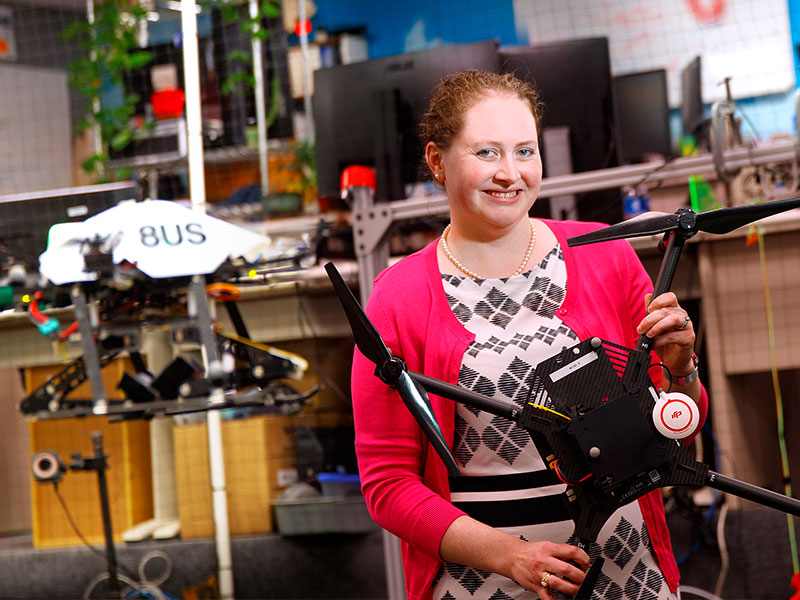Industry Communications: Summer 2022

The School of Computing's Leen-Kiat Soh, Charles Bessey Professor of Computing, and associate professor Brittany Duncan, are working with a National Science Foundation grant to make it easier for STEM students to transition from two-year colleges to a four-year school. It’s the goal of this program to grow and diversify the STEM workforce.
- The five-year, $3 million grant is part of a 22-institution research collaboration aimed at building partnerships between two- and four-year colleges.
- Two-year colleges enroll nearly half of the nation’s undergraduate students, with close to 40 percent enrolling in a STEM or health sciences degree program.
- While 80 percent of first-time, two-year college students say they want to earn a bachelor’s degree or higher, only 29 percent will do so in six years.
- Nebraska, whose share of the award is nearly $1.5 million, will headquarter a new research hub that will identify what’s working and what’s not working at S-STEM (Scholarships in STEM) sites using mixed-methods research.
- Mixed-methods research includes forming topic-based professional learning communities dedicated to student advising and financial aid and finding ways to teach specific STEM courses that foster acceptance and inclusion.
- S-STEM provides funding and institutional support systems to low-income students.
Duncan says student benefits from S-STEM learning communities will include making personal connections, the development of support networks and students seeing themselves as successful contributors to a large, research-focused campus.
“I think one finding will be that having these types of connections prior to and concurrently with transfer will be a big boon in the retention of these students,” Duncan said. “It’s a good way for them to develop relationships they can lean on. When they hit a roadblock, they know who they can talk to.”
Additional Nebraska schools involved include Southeast Community College, Nebraska Indian Community College, and Western Nebraska Community College. Collaborative research sites include Clemson University, University of Missouri-Kansas City, Michigan State University and University of Texas at Arlington. Other partners are East Carolina University, University of North Carolina at Greensboro, Augsburg University, Century College, Dallas College, Kansas City Kansas Community College, Metropolitan Community College-Kansas City, Minneapolis College, Mott Community College, Normandale Community College, Pitt Community College, Spartanburg Community College, Tarrant County College, Trident Community College, and Washtenaw Community College.